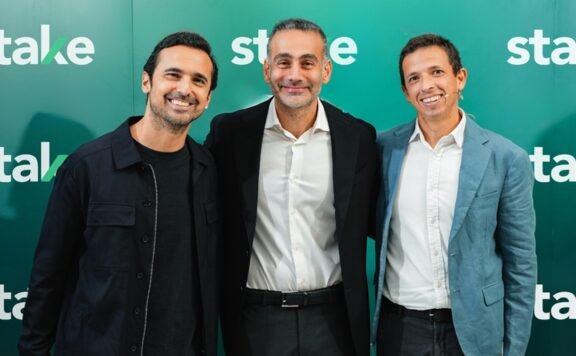Private equity (PE) is now accessible to everyone and in a world of stock market uncertainty and volatility, alternative ways of placing capital, such as private equity can help provide diversification and secured growth. Multi-asset PE firm Berkeley Assets helps introduce the concept of private equity for individuals; here are some top tips to show the simplicity of placing capital in private equity.
1. Private equity for consumers – it’s here to stay
You don’t have to be an ultra-high net worth individual or an institutional fund to benefit from private equity. There are multiple placement options available for consumers to place capital in private equity houses. Private equity firms can provide clients such products if they exercise a retail arm.
2. Transparent and simple
Reputed firms, with a more modern approach to private equity, offer individuals benefits like zero fees, more transparency from regular updates and a simple application system as well as contracted periods and access available in case of emergencies.
Private equity firms usually invest an individual’s capital alongside institutions. In return, people are eligible for fixed rates starting from four percent for a two-year placement, six percent for five years and eight percent for 10 years. As the capital is being invested alongside institutions, private equity firms usually require a minimum of 50,000 GBP, USD, or EURO equivalent to be placed; this can be found specifically with Berkley Assets.
3. Returns and flexibility
In terms of time frames, there are options to receiving a return from the placed capital either biannually or at the end of the contracted period. Berkeley Assets reserves up to 20 percent of total capital raised from retail and 80 percent from institutional sources, which assists in mitigating the risk that retail clients are taking, especially as the retail side gets paid first in the event of an asset devaluation or default.
4. Areas of investments for PE firms
Placing capital in private equity provides uncorrelated returns to the stock market and clients get to be involved with exciting and innovative projects. Firms, including Berkeley Assets cover sectors like real estate, hospitality, logistics, and technology predominantly the UK and US, giving extra security that your capital is being used in developed markets with tangible assets.
5. How to terminate the contract and how flexible is the process?
In extreme cases, such as a terminal illness, money can be requested back and will be returned without a penalty. Individuals can also pay a penalty to access their money early if needed. Firms usually charge a penalty upon cancellation, but the percentage may differ. For five-year contracts, any cancellation in the first two and a half years leads to a 75% of the capital being returned. Cancellations in the second half of the five-year contract, will lead to a 87.5% of the capital being returned.
There is no active pressure to raise significant capital from retail clients as the firm has an institutional arm, which underpins a much more significant portion of the firm (80%). Therefore, consumer capital is a minor percentage of the general investment pool executed by Berkeley Assets. Mike Clark, partner at Berkeley Assets, comments, “We believe in the importance of mutual trust between customers and the firm. We want to educate the world about the positives of private equity and deliver a transparent process to ensure everyone gains and benefits from what has previously been preserved for the ultra-wealthy and institutional investors.”





